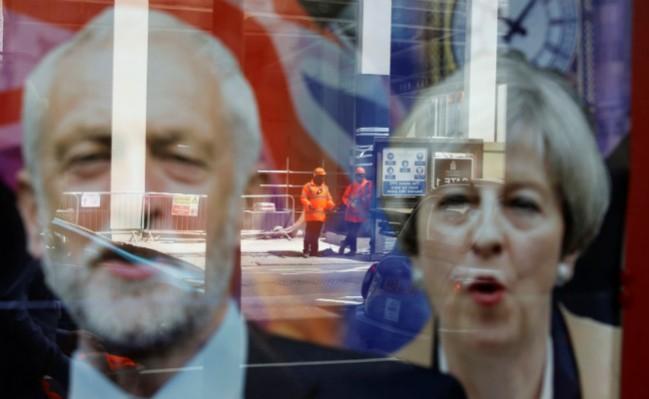
The elections are underway in the United Kingdom to elect its new Parliament and Prime Minister. The latest opinion polls have predicted Conservative Party leader Theresa May's win. Nearly 46.9 million people in the UK are registered to vote while a total of 650 Westminster Members of Parliament are set to be elected.
National security is the top priority for the contenders for the PM's post after a series of deadly terror attacks hit the country in recent months.
Here is all you need to know about the contenders for the Prime Minister's post.
Theresa May – Conservative Party
May, who took over as the Prime Minister of the UK after David Cameron resigned in June 2016 over the EU referendum which resulted in Brexit, is known to be a strong, no-nonsense leader who does not involve herself in small talk. Exit polls have predicted that May will win the elections this year and will return as the Prime Minister.
May has spoken tough on curbing immigration and introducing stricter laws to fight against terrorism, going to the extent of saying that she wouldn't care about human rights for the sake of the purpose.
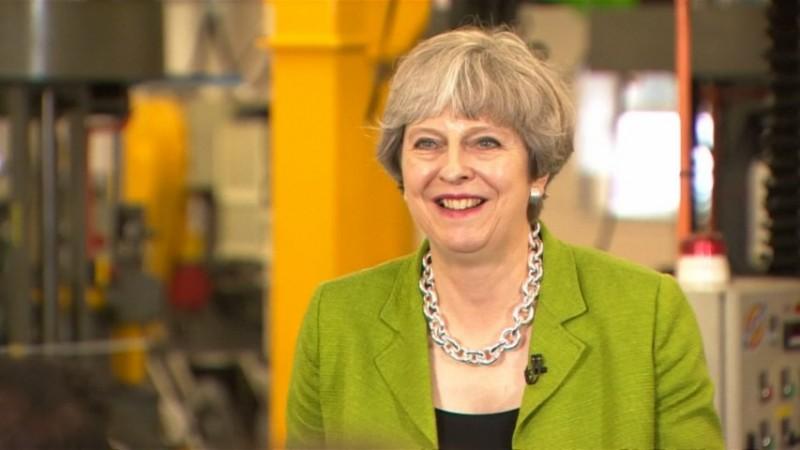
Take on Brexit:
May was not in favour of UK's exit from the European Union (EU) before the referendum, but has now said that there can be no turning back and that "Brexit means Brexit."
The Conservatives have promised to curb immigration, end the days of vast annual payments to the EU, leave the bloc's single market and secure a comprehensive free trade deal with the EU. They have ruled out giving people a vote on the final deal but have said that the Parliament will get to scrutinise it. They have said they are willing to walk away from negotiations as "no deal is better than a bad deal."
Jeremy Corbyn – Labour Party
Corbyn was made the leader of the Labour Party, the main opposition party in the UK, in September 2016. He is known to be a believer in the policies of the Left and is considered one of the most rebellious leaders having voted against his own party several times during his political career.
Corbyn has regularly taken part in demonstrations and marches supporting controversial causes over the last 40 years and is not afraid to tick off journalists. According to exit polls, Corbyn has emerged as the strongest contender to May in the elections this year.
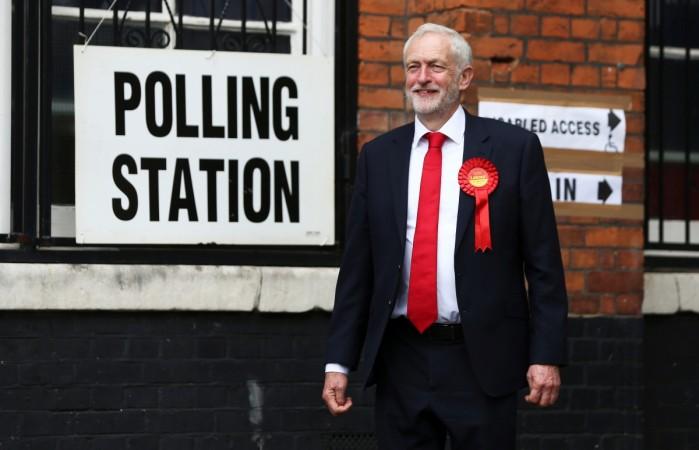
Take on Brexit:
The Labour Party was against Brexit before the EU referendum but later said that the result must be honoured. However, they have vowed to immediately guarantee the rights of EU nationals in Britain and have said they would seek to maximise access to the EU's single market and safeguard workers' rights in Brexit negotiations.
Tim Farron – Liberal Democrats
Farron, the youngest leader contesting the elections, is known to have a good sense of humour and wit, which he uses during debates in the House of Commons and television shows.
"Where do you think Theresa May is tonight? Take a look out your window. She might be out there sizing up your house to pay for your social care. And why do you think she called this election? She wants five years as Prime Minister and she thinks you'll give it to her, no questions asked – literally," Farron said during a TV debate which made more news due to May's absence.
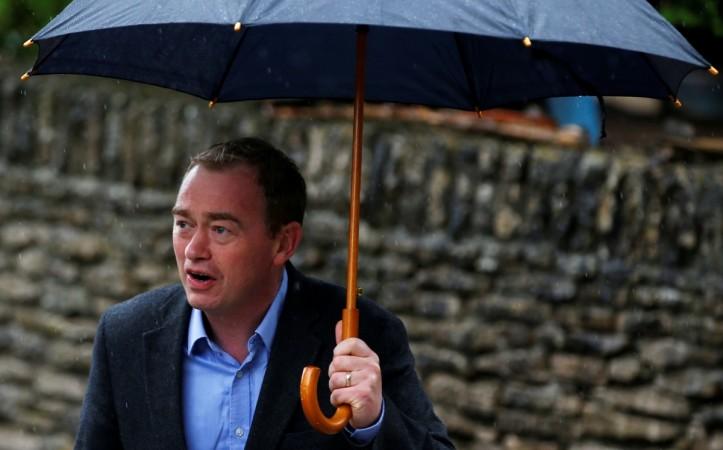
Take on Brexit:
The Liberal Democrats have always been strongly pro-EU and have pledged to stop a "disastrous hard Brexit". They have said Britain should remain within the EU's single market and protect the rights of people to work, travel and study across the EU.
They believe Britain is better off in the EU and have promised to hold a second referendum on the final deal, with the option of remaining in the EU on the ballot paper.
Farron is hoping to win the support of the 48 percent of people who voted for Britain to remain in the EU last year. He has also vowed to not allow May to force her version of 'hard Brexit' on the country.
Paul Nuttall – United Kingdom Independent Party (UKIP)
Nuttall, who calls his party the "the guard dogs of Brexit," has said that he would fight for what he calls the "real Brexit." He has predicted that the UKIP would win seats in "a number of places" despite opinion polls predicting otherwise.
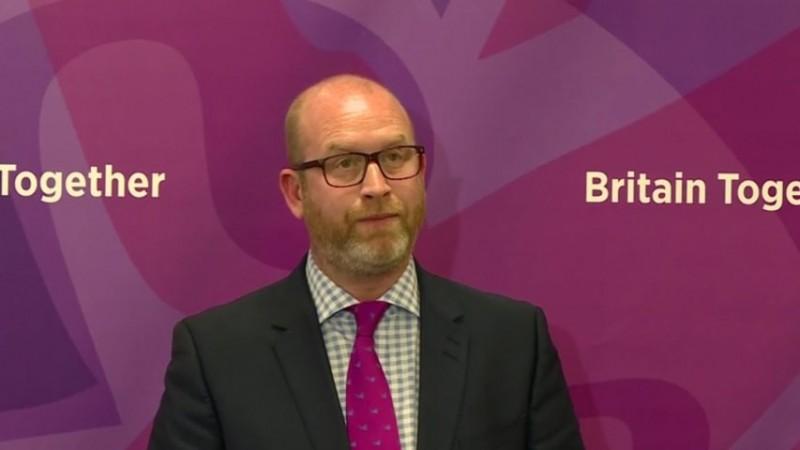
"If you want to go out and ensure you vote for a party that wants real Brexit, I mean a Brexit whereby we reduce immigration, where we don't pay a divorce bill... don't vote Tory - vote for the real deal, which is UKIP," he told BBC.
Nuttall has previously said that the "real cancer in our society... is Islamic fundamentalism" and that mosques which preach "extreme forms of Islam" should be "shut down" and full face veils worn by Muslim women banned.
Take on Brexit:
UKIP has said its Brexit deal objectives include full control of immigration, no divorce payment to the EU, full maritime sovereignty, supremacy of the British Parliament in making laws and freedom to do trade deals with any country.
Nicola Sturgeon – Scottish National Party
Sturgeon is a member of the Scottish Parliament. She has gained huge popularity amongst voters and wants Scotland to have a special status and a second independence referendum before the UK leaves the EU.
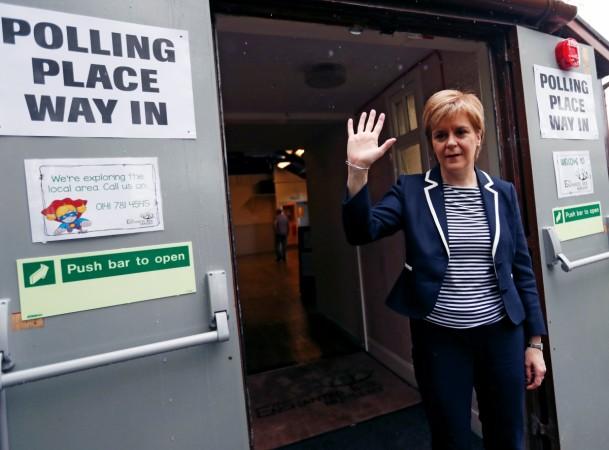
Take on Brexit:
The SNP do not want Scotland taken out of the EU and are seeking a second independence referendum, after which they hope an independent Scotland can remain in the bloc.
They have also vowed to fight against a "hard Brexit" and put pressure on the UK government to guarantee the status of National Health Service workers from Europe. They will also press the UK government to oppose all attempts to treat the fishing industry as a "bargaining chip."








